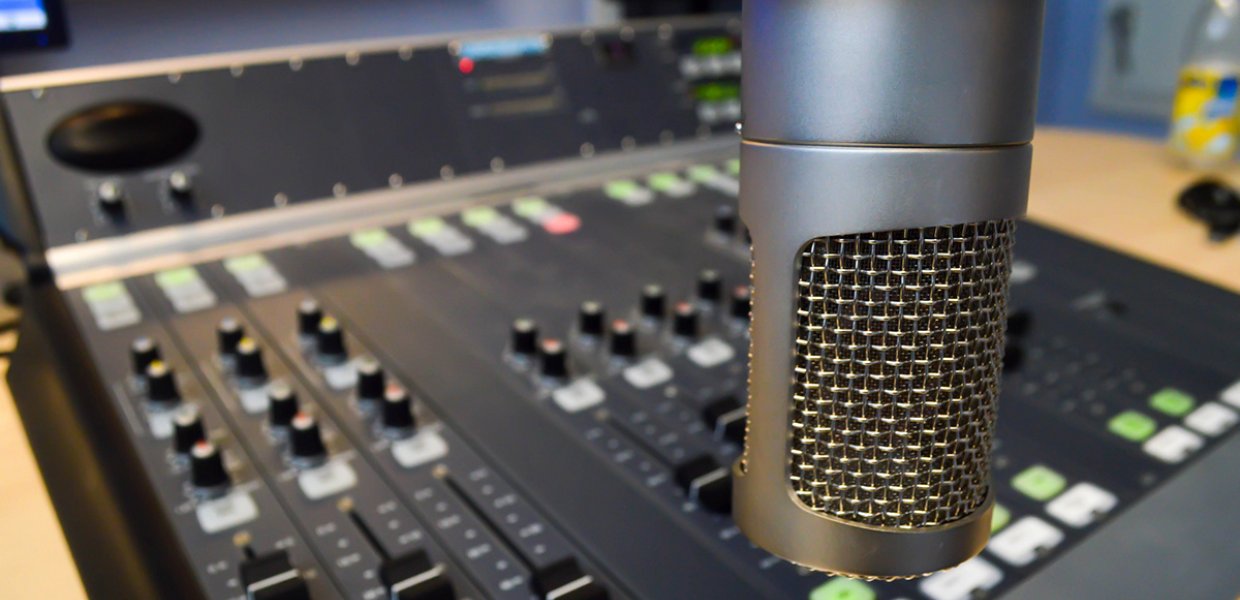The Center for Health Journalism at USC Annenberg has awarded $25,000 in reporting grants from its Impact Fund to help California journalists undertake ambitious explanatory or investigative reporting about health issues in underserved communities in the state. The grants will go to journalists at eight news outlets, including a podcast, two public radio stations, one Spanish-language radio station, one online-only outlet and three newspapers. Grantees also receive six months of mentoring from veteran journalists.
The grantees and their proposed projects are:
Sarah Bohannon, news director for North State Public Radio in Chico, who will report on food insecurity in the Camp Fire burn area, and a freelance photographer will produce photos to chronicle the problem. Bohannon also will receive an engagement grant and engagement mentoring from the Center.
Sammy Caiola of Capital Public Radio, who will report on how sexual assaults are handled in Sacramento County and survivors' lasting effects from the process
Kate Cimini, a reporter for The Californian in Salinas and El Sol, its sister Spanish-language publication, and Sebastián Hidalgo, a photographer on assignment at The Californian as a Local Fellow of The Catchlight Foundation, who will produce a series of articles and a photo documentary on squalid housing for farmworkers in the Salinas Valley
Gabrielle Horton, a freelance podcast producer, is working in collaboration with You Had Me At Black to produce NATAL, an audio-first docuseries about what it means to have a baby while Black in the United States today. The first season, in thought partnership with Black Mamas Matter Alliance, will focus on how Black parents are cared for during pregnancy and childbirth.
Joe Rubin, a freelance reporter for the San Francisco Chronicle, who will report on state and county health officials’ failure to protect children from lead poisoning at gun ranges.
Kiley Russell, a reporter for Bay City News and Local News Matters, who will examine the ongoing health effects from aging, poorly managed and under-resourced or overstretched water systems in areas that are ill-equipped to deal with new population pressures caused by out-migration from the urban core
Rubén Tapia, a freelancer for Radio Bilingüe and host of KPFK’s Nuestra Voz program, who will report on how delays in the cleanup of neighborhoods contaminated by emissions from the now-shuttered Exide battery recycling plant in Los Angeles is affecting the health of children whose homes and yards were contaminated with lead dust
Jared Whitlock, a freelancer reporting for the Voice of San Diego, who will look at gaps in the state’s regulation of group homes for the elderly
This year, we are deepening the work produced through our Center for Health Journalism Impact Fund, as the initiative enters its second year,” said Center Founding Director Michelle Levander. “The reporters whose work we are supporting are tapping into fundamental health concerns of Californians and we are delighted to be able to help usher this ambitious work to fruition. These projects promise to be community journalism at its best.”
The Center for Health Journalism sought proposals from journalists who think big and want to make a difference. The Fund supports investigative or explanatory reporting projects that advance public understanding and health policy for underserved or vulnerable populations. It aims to help journalists bring untold stories to light and to investigate promising approaches to chronic ills.
These awards from the Center for Health Journalism Impact Fund are supported by a generous grant from The California Wellness Foundation.
“These talented journalists will be telling important stories about health disparities in California,” said David Littlefield, public affairs manager at The California Wellness Foundation. “Shining a light on both issues and solutions can help us advance health and wellness in underserved communities.”
The Center for Health Journalism has trained more than 900 journalists since 2005 and provided financial support for hundreds of investigative and explanatory journalism projects.
The Center advances “impact journalism,” which marries powerful narratives, data and community engagement to improve health conditions in communities across America.
